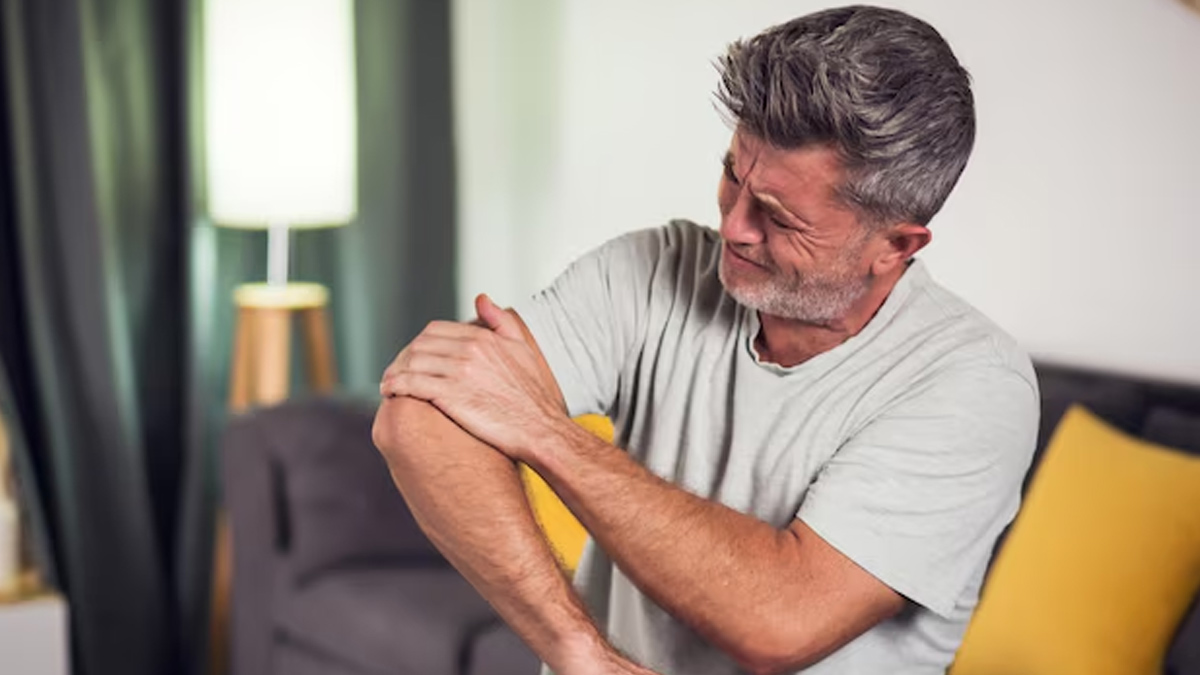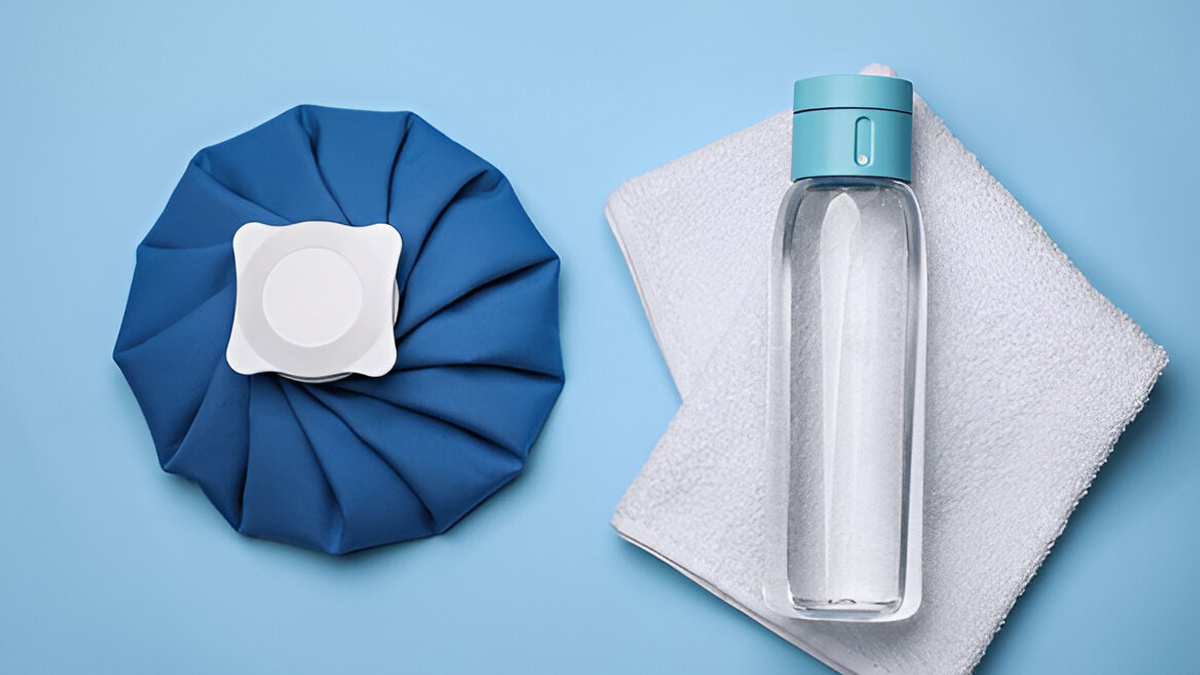Monsoon Body Ache Is Real: Here's How Weather Changes Trigger Soreness
Get relief from monsoon body aches with these effective home remedies and tips, from keeping moving to using warm compresses.

It all depends on the barometric pressure or rather, how it varies during monsoon. When the air pressure decreases (which is usual with humid or rainy weather), the tissues in the body will slightly expand. For people with joint problems, old injuries, or even those who are more sensitive, this expansion can irritate surrounding nerves and cause pain or a dull, lingering ache.
Humidity and temperature fluctuations during monsoon have an impact on muscles and joints. Arthritis, fibromyalgia, and even vitamin D deficiency patients may experience more stiffness or pain. Even the healthy ones may experience tiredness or body aches.
Top Stories
For people with jobs that involve long hours sitting, perhaps at a desk or working from home, the symptoms may be worse. Combine this with damp environments, less sunlight exposure, and fluctuations in your daily activity, and it's a recipe for sore joints and muscles.
People who have underlying conditions, such as arthritis, osteoporosis, or sciatica are especially vulnerable to weather pain. However, even young adults with poor posture, minimal physical activity, or previous injuries may be in more pain than usual.
Vitamin D deficiency, which typically worsens during monsoon due to reduced sunlight exposure, may also cause fatigue and aching bones or muscles. Since the body produces vitamin D after exposure to the sun, drab skies and remaining indoors for days may result in lowered levels, affecting muscle power and bone mineral content.
If you’ve been waking up sore or feeling unusually stiff this monsoon, here are some simple yet effective remedies that may help:

- Avoid sitting in damp clothing or cold locations for extended periods. Keep a light shawl or jacket handy if you are bound to catch a chill.
- Gentle massage with mustard or sesame oil may help improve circulation and reduce tension, especially in the lower back and knees.
- Cooler temperatures are not an excuse for not staying hydrated. Dehydration-prone muscles are more likely to cramp.
If your pain persists, interferes with your mobility, or increases in severity despite self-management, it's best to see a doctor or orthopaedic specialist. It might be a symptom of an underlying condition, such as arthritis, compression of the nerves, or a vitamin deficiency that requires medical treatment.
[ This article contains information for informational purposes only. Hence, we advise you to consult your professional if you are dealing with any health issue to avoid complications.]










